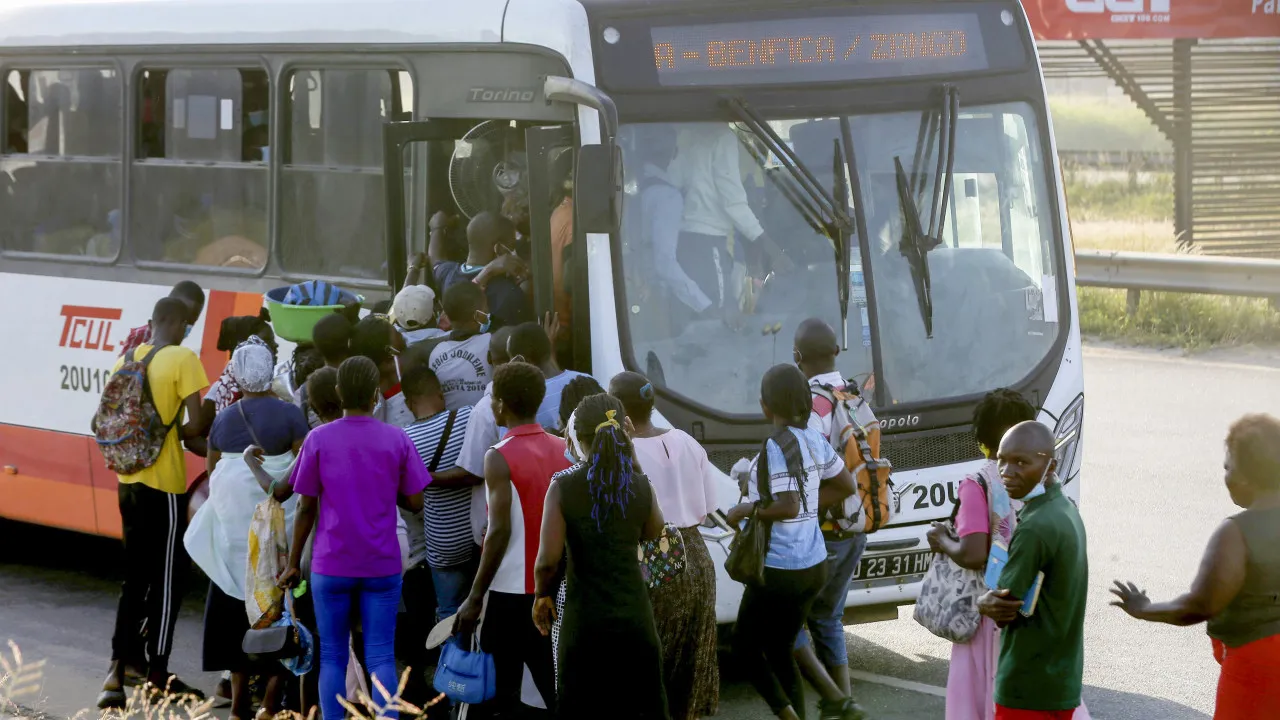The 2023/2024 school year starts today for around 1.3 million students from the 1st to the 12th grades, but many will still not have all their subjects due to a lack of teachers in schools.
Schools have from today until Friday to officially start the school year, but teacher shortages are once again haunting the return to school, leaving thousands of students without a teacher for at least one subject.
At the end of last week, even after almost 3,000 teachers had been posted, schools still had around 1,300 empty timetables and, on Monday, the National Teachers’ Federation (Fenprof) was talking about more than 100,000 pupils without a teacher.
The lack of teachers mainly affects schools in the Algarve and Lisbon and Tagus Valley regions, but also some subjects in particular, such as Portuguese, Mathematics or Computer Science.
The problem is acknowledged by the Minister of Education, who last year extended the requirements for hiring teachers without professionalization and admitted over the weekend that he was working on measures to support displaced teachers.
João Costa, who will be at the Professor Abílio Madeira Martins Primary School in Minde, the Cabo Primary School in Vialonga and the Vialonga Primary and Secondary School today, also said that some of the planned changes to teacher training could also help, such as the return of paid internships.
The shortage of teachers may not be the only factor leaving students without lessons, however, and the school year is expected to start in the same way as the previous one ended, with strong protest from school professionals.
As of today, the platform of nine union organizations, which includes Fenprof and the National Education Federation (FNE), is starting a strike against overwork, overtime and the non-teaching component.
The strike has no impact on classes, but at the start of the second week, the Union of All Education Professionals (Stop) moves to a five-day strike. Less than a month later, on October 6, there is a national strike called by the union platform.
The reason for the protest remains the same – the recovery of six years, six months and 23 days of service time – and the unions don’t seem to have any intention of slowing down the fight until the Ministry of Education agrees to negotiate this demand, which has been repeatedly dismissed by the government.
With more or less strikes, what is also continuing this year is the learning recovery plan to make up for the difficulties experienced during the covid-19 pandemic, but this time without the reinforcement of teachers.








